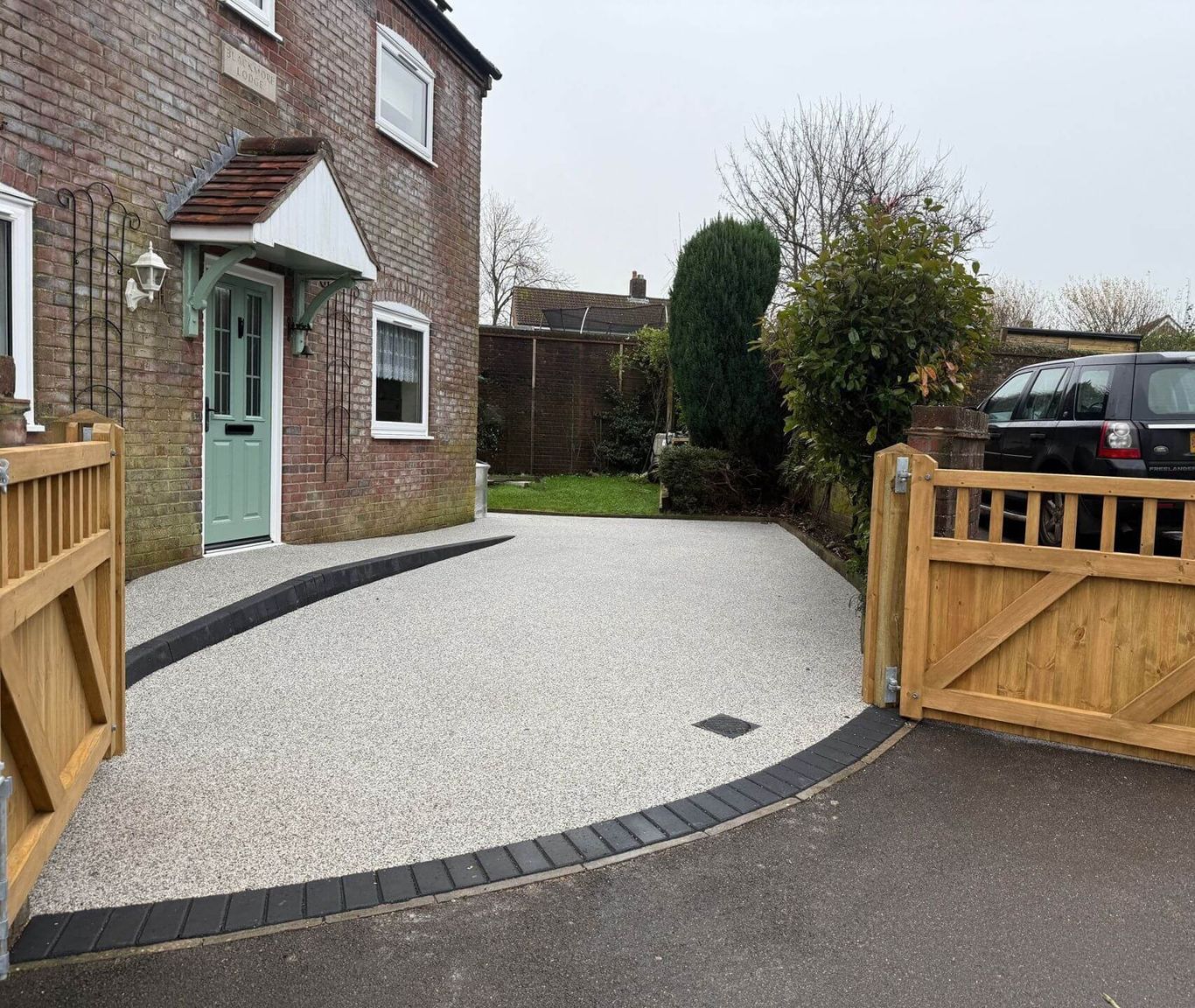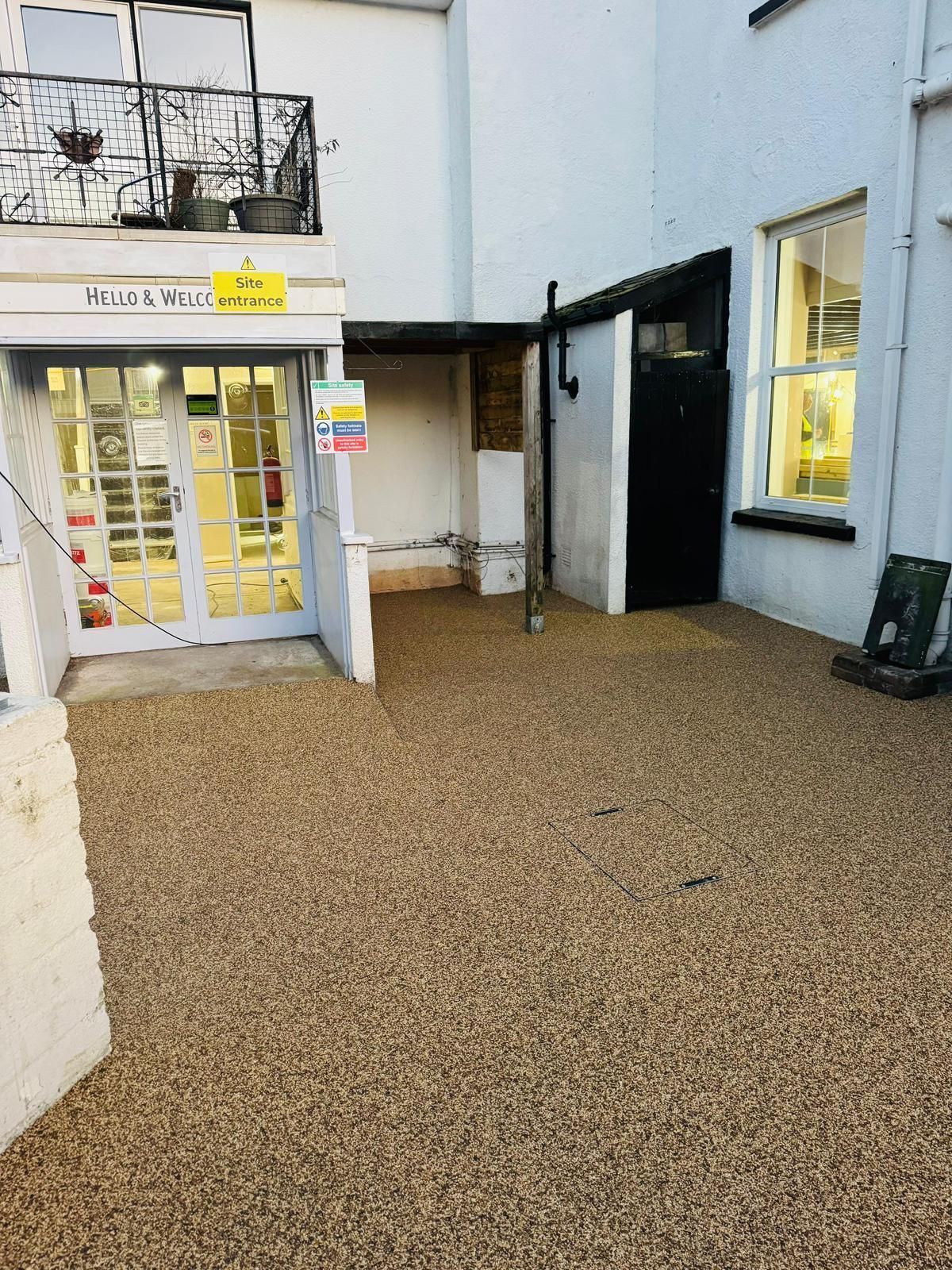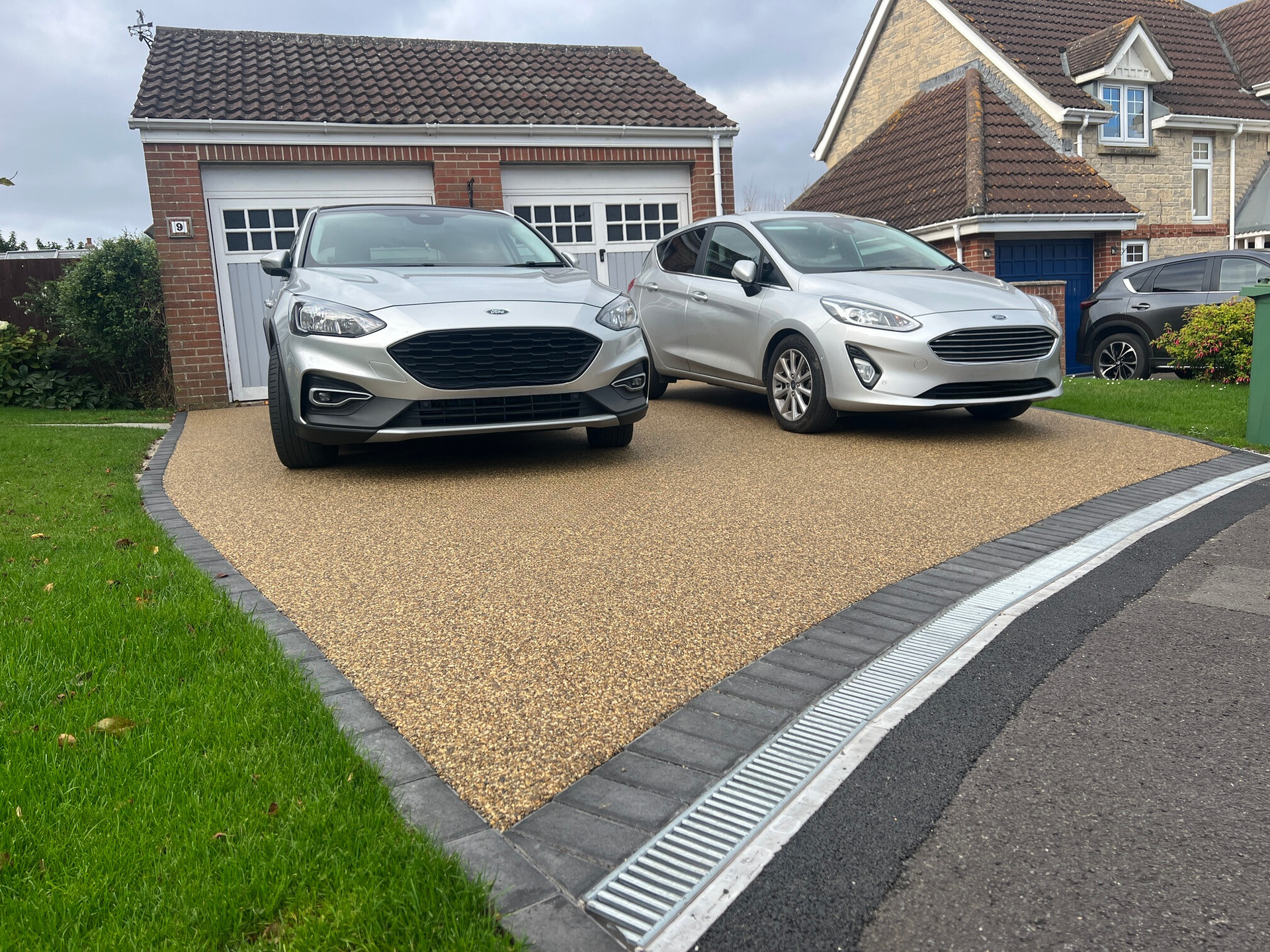Resin Surfaces: The Architect's Secret Weapon for Sustainable Design

In contemporary building design, architects increasingly turn to resin surfaces as their material of choice. A combination of sustainability, aesthetics, and performance drives this shift. Let's explore why resin surfaces are integral to architectural material selection.
Sustainability: A Core Consideration
As the construction industry moves towards more environmentally responsible practices, the environmental impact of resin surfaces is a key factor in their growing popularity. Resin surfaces often incorporate recycled materials and have a lower carbon footprint than traditional options. This aligns perfectly with
architectural sustainability goals, allowing designers to create beautiful spaces while minimising ecological harm.
Aesthetic Appeal and Versatility
Modern architectural aesthetics demand materials that can adapt to various design visions. Resin surfaces offer unparalleled flexibility in this regard. They can be
customised in colour, texture, and pattern, allowing architects to create unique, visually striking spaces that stand out in the competitive design.
Performance and Durability
Resin often performs better when it comes to
resin surfaces vs. traditional materials. Its
load-bearing capacity makes it suitable for various applications, from residential flooring to commercial spaces. Moreover, the
lifespan of resin surfaces is impressive, often outlasting many conventional materials.
Maintenance and Long-Term Value
Architects appreciate the practical benefits of resin surfaces, particularly regarding
resin surface maintenance requirements. These surfaces are typically easy to clean and maintain, reducing long-term costs for building owners. This low-maintenance characteristic, combined with durability, makes resin surfaces an attractive option for projects where longevity and cost-effectiveness are priorities.
Innovation in Material Science
Architectural material innovation constantly evolves, and resin surfaces are at the forefront of this progress. Ongoing research and development enhance the properties of the resin, opening up new possibilities for its use in architecture. This continuous improvement ensures that resin surfaces remain relevant and desirable in the ever-changing landscape of building design.
In conclusion, the choice of resin surfaces in modern developments is a testament to their versatility, sustainability, and performance. As architects continue to push the boundaries of design while adhering to strict environmental standards,
resin surfaces are proving to be an invaluable tool in their arsenal. The future of architecture is undoubtedly intertwined with the innovative use of materials like resin, shaping the way we design and build for generations to come.




